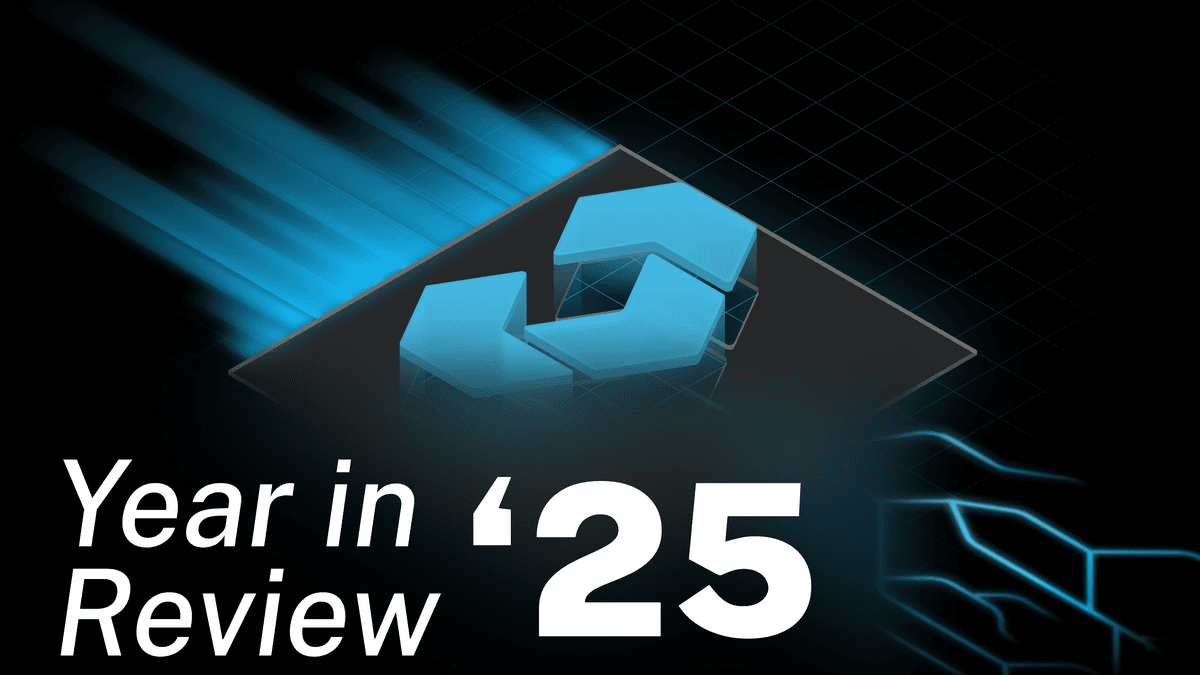IBM cuts legacy system maintenance from weeks to hours with multi-tenant commerce platform

Challenge
IBM's internal commerce team inherited multiple instances of a proprietary legacy commerce system in late 2020. These systems had been passed between teams and required deep institutional knowledge to modify. Simple changes took developers days or weeks to implement, creating expensive maintenance bottlenecks.
The outdated UI/UX and costly software licenses made these systems increasingly difficult to justify. The team needed a modern, maintainable platform that could serve as a drop-in replacement without forcing other IBM teams to change their existing integrations.
Solution
IBM's six-person development team built Project Marlin, a multi-tenant commerce platform powered by our headless commerce platform. The team developed 33 custom plugins to meet specific business requirements, including payment integrations, ETL processors, and internal messaging services.
The headless GraphQL architecture provided the flexibility IBM needed to maintain existing system interfaces while modernizing the user experience. Using our plugin-based approach, the team created seamless integrations with IBM's hybrid cloud infrastructure and existing inventory management systems.
For the storefront, IBM combined our Angular storefront foundation with IBM's Carbon Design System components, creating a consistent brand experience across all stores.
Results
IBM successfully migrated their largest store—the Employee Purchase Program processing hundreds of monthly orders—plus four smaller stores to the new platform. The team reduced development time for modifications from weeks to hours, while our foundational commerce building blocks provided 90% of required functionality immediately.
We were convinced that, out-of-the-box, Vendure would provide 90% of the ecommerce functionality our stores required, and that we would be able to build out the other 10% ourselves.
"We were convinced that, out-of-the-box, Vendure would provide 90% of the ecommerce functionality our stores required, and that we would be able to build out the other 10% ourselves," said Will Milne, Tech Lead on Project Marlin.
The plugin architecture encouraged better code organization and eliminated the need for lengthy regression testing, as existing functionality remains untouched when adding new features.
Why it matters
Enterprise teams can modernize legacy commerce systems without disrupting existing integrations or requiring organization-wide changes. The plugin-based architecture provides the flexibility needed for complex enterprise requirements while maintaining code quality and reducing technical debt.
Contact us at Vendure to learn how our headless commerce platform can help your team migrate from legacy systems while maintaining operational continuity.
Share this article


